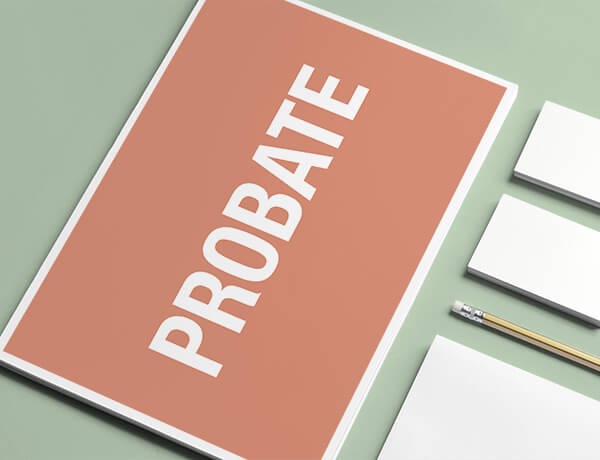The 12 Steps to Living Confidently: Legacy and Estate

You work hard for your money. And you protect it. Year after year, you build net worth as your cash and other assets (house, real estate, investments) grow. Now, imagine that you never protected your money — that you left your paychecks on the bus or your front steps for anyone to take. Where would you be now?
Without a basic estate plan, you’re taking the same risk with your wealth. If you don’t have the right documents to protect and transfer your assets, decisions will be made based on the law, not your wishes. And the value of your estate could plummet due to estate settlement costs and taxes.
Working Americans are seriously stressed out. One reason is the disconnect between financial priorities and behaviors. You want to protect your loved ones, yet maybe you’ve put estate planning on the back burner. Instead, follow the lead of Confident Planners, the least stressed Americans. They use estate planning to take control of the unknown and safeguard their family’s future. You can do the same!
“I don’t know where to start.”
Fair enough. Estate planning sounds complex. One way to start is to focus on the top three tools everyone needs:
- Last will and testament: Simply put, a will is what you want done with your stuff when you die. It specifies who gets the house, the investments, your bobblehead collection, and everything else you hold dear. Die without a will, and the state steps in to make those decisions. A DIY will is possible (and probably better than nothing) but it always helps to consult an expert.
- Living will and healthcare proxy: A living will spells out your wishes about end-of-life of care. For example, how long would you want to stay on life support? The healthcare proxy designates a person to make those decisions if you become physically or mentally incapacitated. The two documents go hand-in-hand, and you can find forms online.
- Durable power of attorney: This is the legal counterpoint to the living will: a document that specifies who can make financial decisions in the event you are incapacitated.
There are many other valuable estate planning tools, but at the bare minimum, complete these three documents as soon as possible. Once you do, you will feel much more confident that you’ve protected your estate and loved ones.
“I don’t want to think about it.”
A surprising finding in our research centered on Ambitious Spenders—people who have high incomes but are still financially and emotionally stressed. They prioritize building an estate but avoid planning to ensure its long-term viability. If that sounds like you, it may help to look at estate planning as the opportunity to build a powerful “future spending” engine to meet important goals, such as:
- Funding children’s and grandchildren’s education
- Providing ongoing care for elderly relatives or a special needs child
- Supporting your favorite charities or arts organizations
One flexible estate planning tool is a whole life insurance plan that not only provides a primary death benefit but also accumulates cash value1 and guarantees a certain amount of money will be left to your heirs.2 You can transfer a whole life insurance policy, with its cash value, into a trust, which creates tax advantages for your chosen beneficiaries.3 You can also gift money tax-free to pay for a whole life insurance policy for a beneficiary, to ensure they’re financially secure when you’re gone.
“I’ve got plenty of time to do this later.”
Half of Americans don’t have a will, mostly because they keep putting it off. The most stressed Americans tend to focus on short-term goals, like paying monthly bills, at the expense of long-term planning. Unfortunately, many families never get that extra time and suffer serious consequences, financially and emotionally, because a family member died without a will.
Ready to quit stalling and begin estate planning? Here’s a short pep talk to get you going. Also, consult with a financial professional who can help you sort out your various options. The important thing is—the sooner you start, the more confident you’ll feel about the future.
Brought to you by The Guardian Network © 2017. The Guardian Life Insurance Company of America®, New York, NY
2019-85415 Exp. 09/21
[1] Cash accumulations in a whole life policy come from dividends. Dividends are not guaranteed. They are declared annually by Guardian’s Board of Directors
[2] All whole life insurance policy guarantees are subject to the timely payment of all required premiums and the claims paying ability of the issuing insurance company.
[3] Guardian, its subsidiaries, agents, and employees do not provide tax, legal, or accounting advice. Consult your tax, legal, or accounting professional regarding your individual situation.
Guardian’s Living Confidently survey, 2017.



